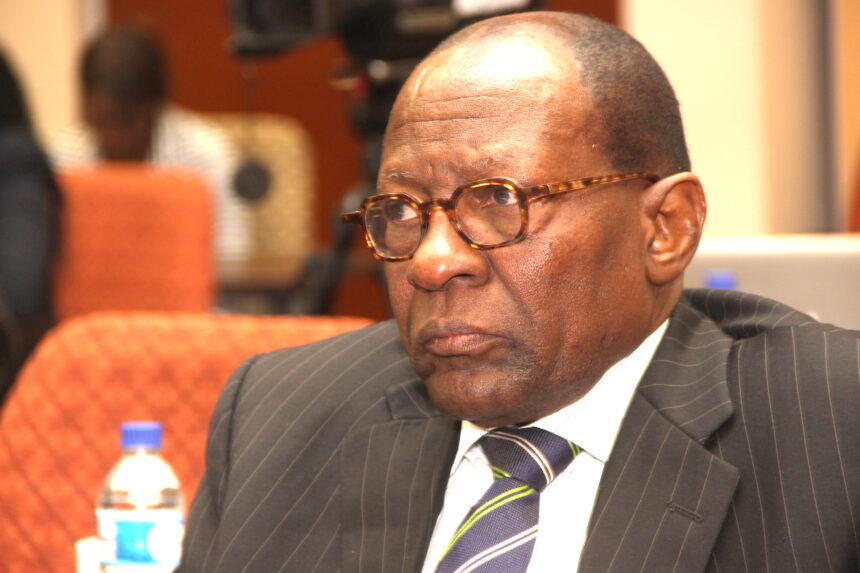Andreas Thomas
The United States’ proposal to support two new permanent seats on the influential UN Security Council, without veto power, is a disingenuous attempt to maintain Africa’s marginalisation.
The US ambassador to the United Nations, Linda Thomas-Greenfield, reaffirmed her government’s position on expanding the Security Council in a speech to the Council on Foreign Relations on 13 September 2024.
The non-accord of veto power to African permanent representatives in the Security Council has elicited mixed reactions, particularly within the continent.
Former Namibian ambassador to the United Nations, Kaire Mbuende, described the proposal as an attempt to maintain a dual-class membership system within the Security Council.
“Our position has always been either you abolish veto power so everybody there can be a permanent member without veto power, or you extend veto power to those new members on the Security Council.
“We cannot have two classes of members of the Security Council, one with veto powers, one without. That is totally unacceptable,” he told Nampa on Tuesday.
“That has been the African position, and the position of Namibia, that veto power be abolished because we think in many cases, it is undemocratic,” he added.
The reform of the UN Security Council has become one of the most debated issues leading up to the Summit of the Future, held on 22-23 September 2024 in New York.
Former UN assistant secretary general for political affairs Tuliameni Kalomoh said the proposal for an African permanent seat without veto power is an attempt to appease Africans.
“This is a form of appeasement, particularly coming from the United States, designed to mislead African public opinion, because there has been a surge of anti-Americanism in West and Central Africa. So, it is an attempt at appeasement they are proposing,” said Kalomoh, who also served as Namibian ambassador to the United States.
“Our position is one for equality of all permanent members of the Security Council that Africa’s position is encapsulated in the Ezulwini Consensus,” he said.
It has been two decades since the African Union adopted the Ezulwini Consensus, in which its member states called for two permanent seats on the UN Security Council.
-Nampa



